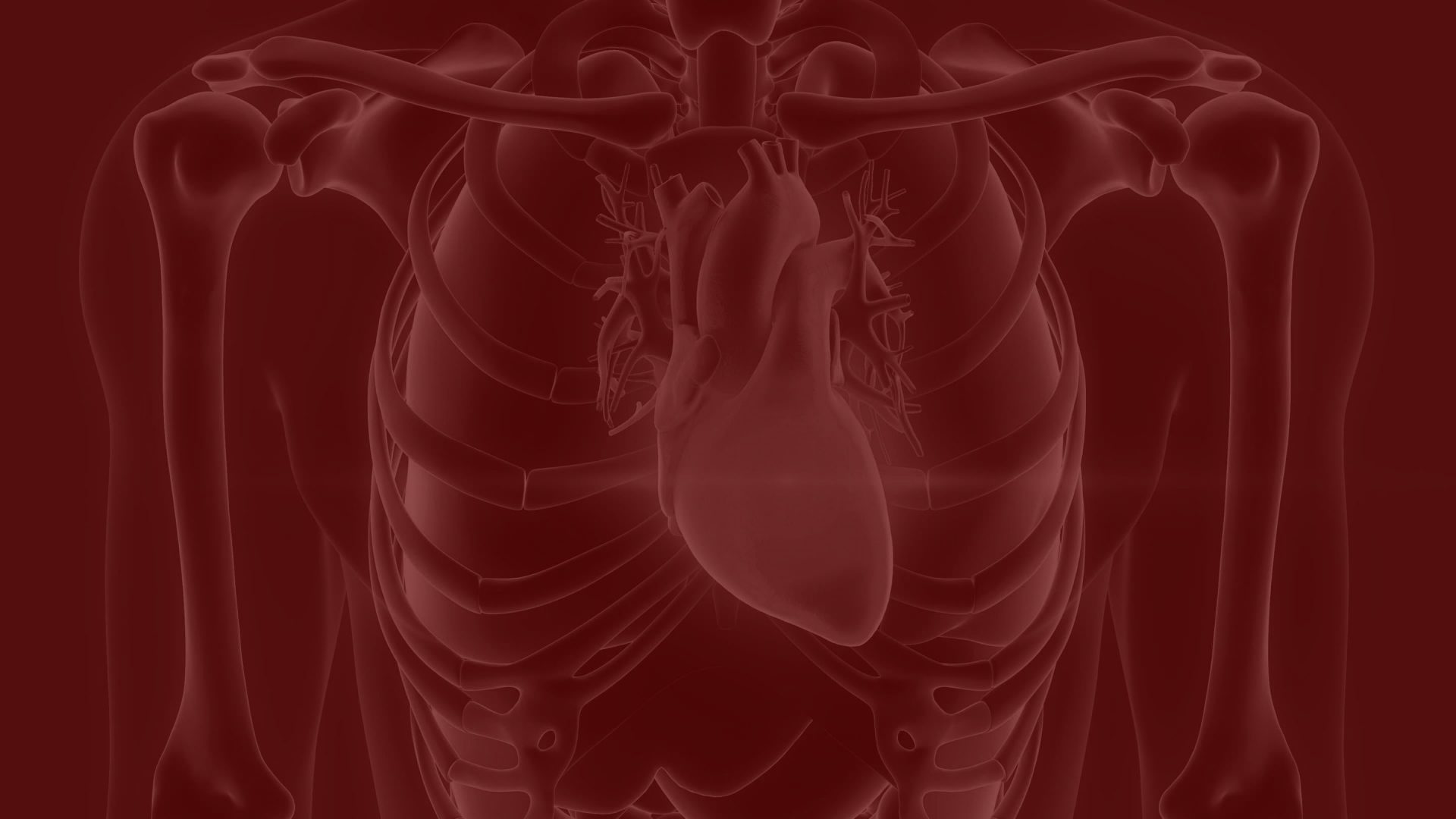In a recent interview, The Sanity Snack spoke with Dr. Simon H. Stertzer about the future of regenerative medicine. Below are highlighted excerpts from the interview.
Simon Stertzer, MD is Professor Emeritus at Stanford University School of Medicine. He was the first to perform a coronary balloon angioplasty in the United States, and has contributed to advancements in rotational atherectomy, sheathless coronary and drug delivery stents, and cardiac transplant molecular diagnostics, among others. In 1999, Dr. Stertzer co-founded BioCardia®, Inc., a biotechnology regenerative medicine company that develops innovative therapeutics for treating cardiovascular disease.
In his interview with The Sanity Snack, Dr. Stertzer reflects on his experiences in interventional cardiology and discusses how regenerative medicine has the potential to extend both life expectancy and the quality of life after heart failure.
On the benefits of interventional cardiology vs. more “traditional” heart surgeries
Dr. Simon Stertzer: Interventional Cardiology is a subspecialty of Cardiology wherein, in addition to making diagnoses of heart disease in the catheterization suite, we actually affect structural abnormalities in the heart with devices introduced from the outside of the body. “Traditional,” or open heart surgery, involves opening the chest cavity, and is obviously far more invasive, and frequently attended by major complications and prolonged recovery.
On how his involvement developing newer technologies like atherectomy, stents, drug delivery stents, and, most recently, transendocardial stem cell implantation in ischemic heart failure, has affected cardiac treatment modalities.
Simon Stertzer: Angioplasty, stents, and drug delivery stents are interventional techniques that have totally changed the landscape of cardiac treatment modalities over the past 40 years. We are now looking towards a new era of heart muscle regeneration to improve cardiac conditions. One of these treatments, now the subject of intense investigations, is the transendocardial implantation of stem cells directly into the heart muscle from the outside of the body. These stem cells are a complex and varied group of cells and preparations that may improve the outlook for patients with heart muscle disease.
On overcoming obstacles to innovation
Simon Stertzer: Until there are formal, double blinded, randomized, FDA approved trials, it is sometimes difficult to convince people that a new therapy is truly effective. Until trials, time, and more familiarity was gained globally, by coronary angioplasty, it was met with a significant resistance from many who simply deplore change until the data becomes incontrovertible.
On the future of heart disease treatment
Simon Stertzer: It is always difficult to accurately predict the future, whether with respect to artificial intelligence, electric, self-driving cars, or any other drastic societal change. That said, I believe we will experience a revolution in regenerative medicine, wherein organs like heart or liver or lung, with the help of stem cell therapy, or other biologic stimuli, might be able to recreate new tissues to replace damaged ones.
To read the complete interview with Dr. Stertzer, head on over to The Sanity Snack blog.

